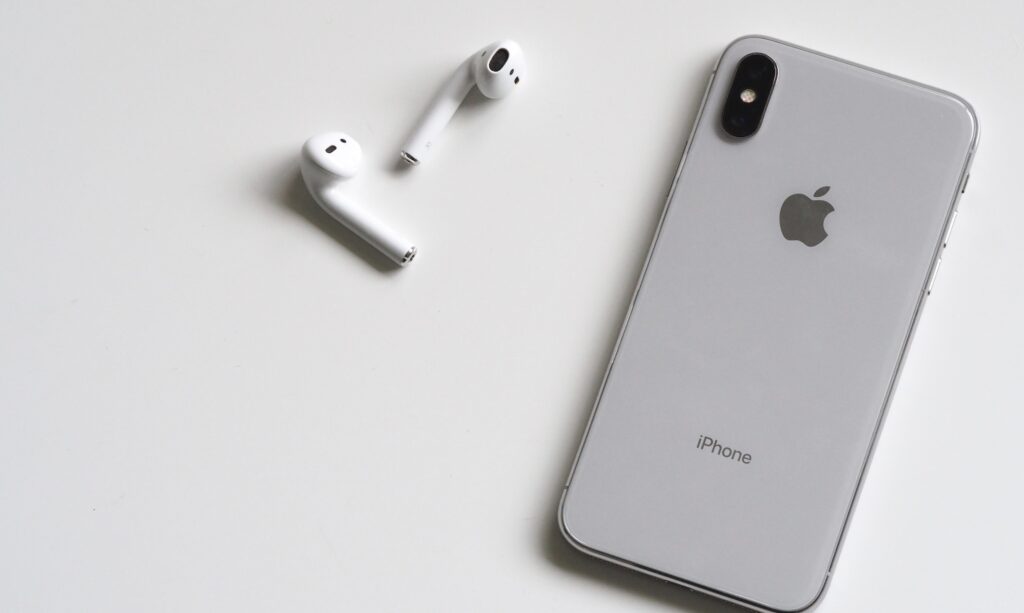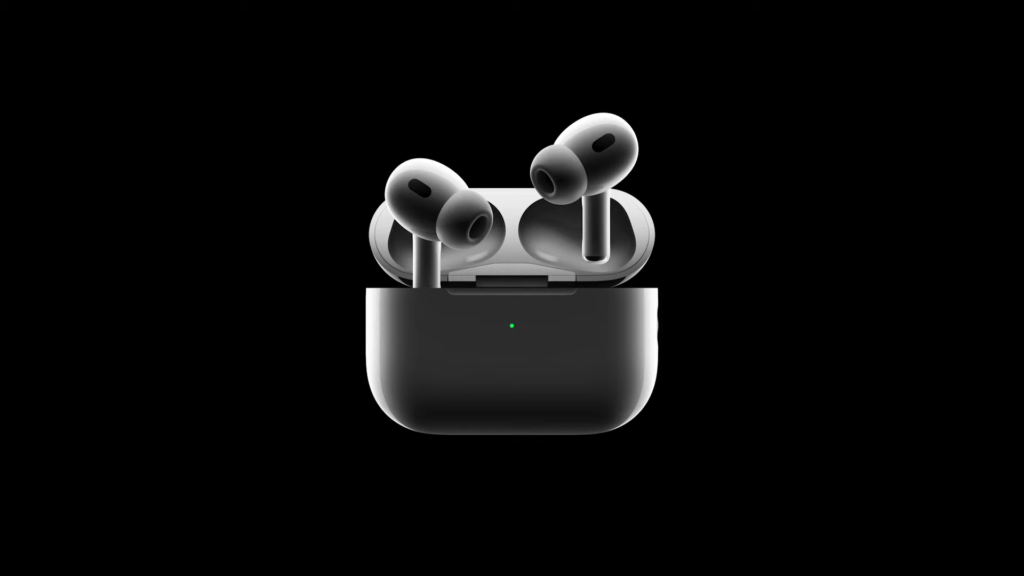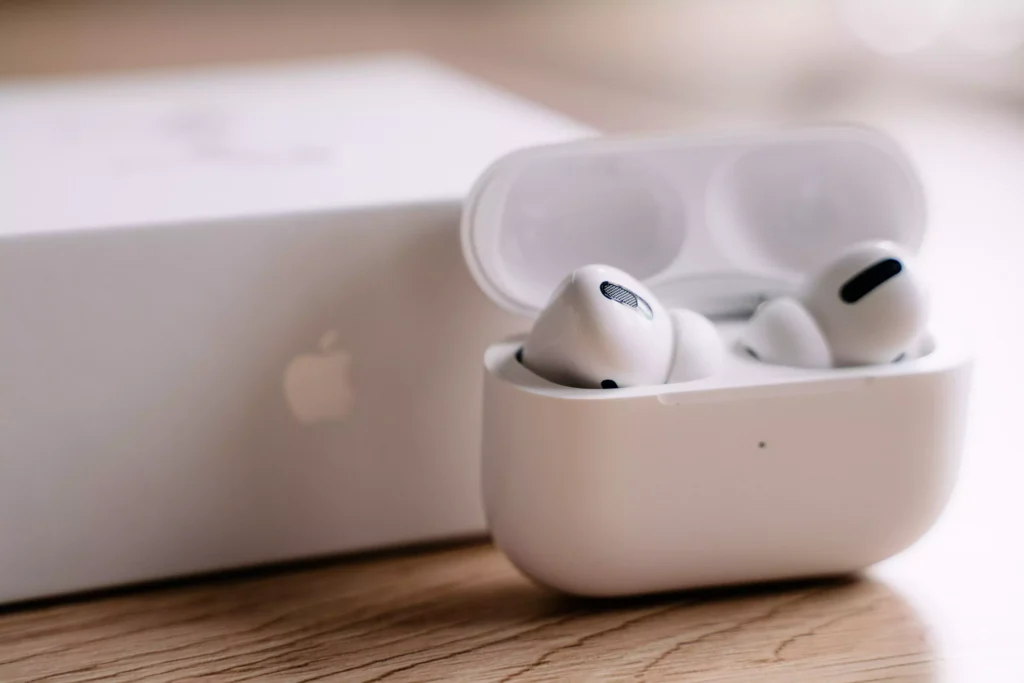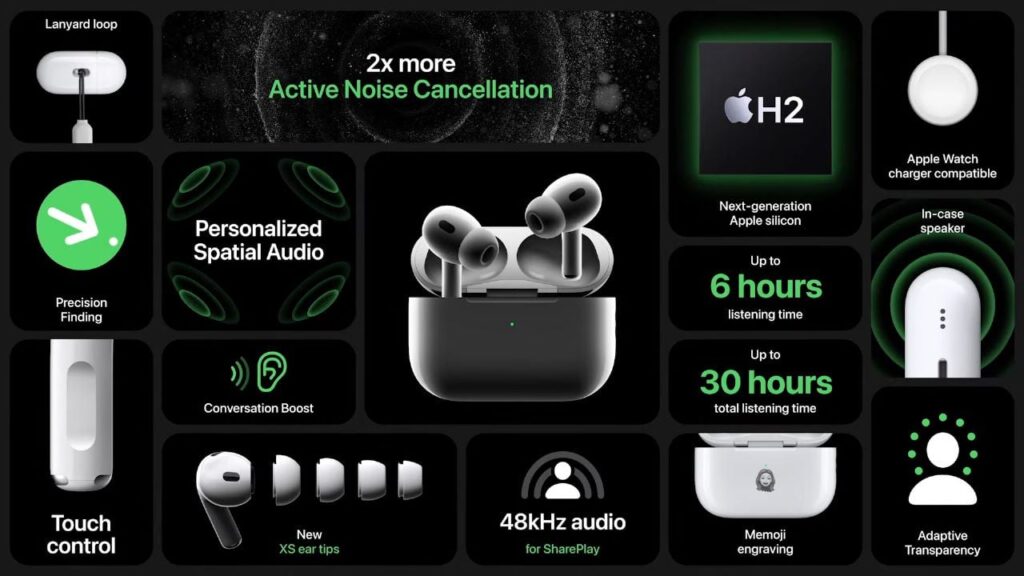In today’s technologically advanced world, where phones have become inseparable from us and privacy has become a rare commodity, an interesting question has begun circulating: Are your AirPods tracking you? As these sleek, wireless earbuds have seamlessly become a part of our daily lives, there’s a growing concern about the potential invasion of our privacy. But how much of this concern is rooted in reality, and how much is just a figment of our paranoia?
The truth about AirPods and tracking capabilities
The AirPods, Apple’s wireless earbuds, have gained massive popularity since their release in 2016. These tiny devices are known for their sleek design, impressive sound quality, and seamless integration with the Apple ecosystem. But as with any new technology, there are concerns about privacy and the potential for tracking.
First, it’s essential to understand the fundamental technology behind AirPods. These devices use Bluetooth Low Energy (BLE) to connect with your iPhone, iPad, or other Apple devices. BLE is designed to consume minimal power while maintaining a stable connection. Bluetooth technology transmits audio data, information about the AirPods’ battery life and other status updates. While Bluetooth is a widely used communication protocol, it’s important to note that it does not inherently include location-tracking features.
However, AirPods can be used for tracking purposes. For instance, if a malicious app on your iPhone can access your device’s location data, it could track your movements by monitoring your AirPods’ connection status. This scenario, though unlikely, highlights the importance of exercising caution when allowing apps access to your location data. Ultimately, AirPods do not have built-in tracking capabilities, but they could be used as a proxy for tracking if paired with other technologies or software.


Common AirPod tracking myths debunked
As AirPods have become increasingly popular, several myths and misconceptions have emerged regarding their tracking capabilities. Here are a few.
Myth 1: AirPods have built-in GPS trackers. This is false. They do not contain GPS technology, so they cannot track your location independently. The only way your AirPods could be involved in tracking your location is through their connection to your Apple device, which may have access to GPS data.
Myth 2: AirPods can be used to spy on your conversations. While they have built-in microphones, these are primarily used for making calls and interacting with Siri. The microphones are also designed to focus on your voice, which means they would not effectively capture surrounding sounds even if they were used for spying. No evidence suggests that they can be remotely activated to eavesdrop on your conversations.
Myth 3: Apple tracks your AirPod usage data. Apple has a strict privacy policy in place that governs the handling of user data. While the company does collect some data related to your AirPods, such as battery life and connection status, this information is primarily used to improve the overall user experience. Apple claims that it does not sell or share this data with third parties or use it to track your location or activities.
Signs your AirPods may be compromised
Though it is unlikely that your AirPods are being used to track you, it’s still crucial to be aware of potential signs that your devices may be compromised. Here are some indicators that your AirPods may have been tampered with or are being used maliciously.
Unexpected battery drain: If you notice that your AirPods’ battery life is depleting faster than usual, this could be a sign that they are being used for unauthorized purposes. While it’s normal for battery life to degrade over time, a sudden and unexplained decrease in battery performance could indicate that a third party is accessing your AirPods.
Unusual Bluetooth activity: If you notice that your AirPods connect and disconnect from your devices without your input, this could indicate that someone else is attempting to access them. Be cautious of any unexpected Bluetooth activity and investigate any unusual connection attempts.
Suspicious app permissions: Your AirPods could be used for tracking if paired with a malicious app with access to your location data. Regularly review the permissions granted to your apps, and be cautious of any app that requests access to your location or Bluetooth settings without an apparent reason.
How to check if your AirPods are being tracked
As we mentioned, the risk of your AirPods being used for tracking is minimal, but it’s still essential to remain vigilant and take a few steps to ensure your privacy. This is how you can address any potential concerns.
Review app permissions: Regularly check the permissions granted to your apps, particularly those that have access to your location or Bluetooth settings. If you find an app that has unnecessary access to your data, revoke the permissions or uninstall the app altogether.
Monitor Bluetooth connections: Always keep an eye on your Bluetooth connections to ensure that your AirPods are only connecting to your devices. Remove the devices from your Bluetooth settings, and investigate further if you notice any unfamiliar connections.
Perform a factory reset: If you suspect your AirPods have been compromised, you can perform a factory reset to erase any potentially malicious software. To reset your AirPods, place them in their charging case, close the lid, wait 30 seconds, and then open it. Press and hold the button on the back of the case until the LED light flashes amber, then release the button. Your AirPods will now be reset and ready to pair with your devices.


Protecting your AirPods from tracking and security breaches
Now that we’ve discussed the potential risks and signs of compromise let’s explore some measures you can take to protect your AirPods from tracking and security breaches.
Enable two-factor authentication: By enabling two-factor authentication (2FA) on your Apple ID, you can add an extra layer of security to your account. This will require a verification code in addition to your password when signing in, making it more difficult for unauthorized users to access your account and connected devices.
Keep your devices updated: Regularly update your Apple devices, including your AirPods, to ensure you have the latest security patches and features. This will help protect your devices from potential vulnerabilities and keep them running optimally.
Be cautious with app permissions: As previously mentioned, be mindful of the permissions you grant to your apps. Only allow access to your location or Bluetooth settings when necessary, and ensure you trust the app.
Use a strong and unique password: Create a strong password for your Apple ID to protect your account from unauthorized access. Avoid using easily guessable information, such as your name or birthdate, and consider using a password manager to help generate and store complex passwords.
In conclusion, the risk of your AirPods being used to track you is relatively low. While it is technically possible for AirPods to be involved in monitoring through their connection to your Apple devices, they do not possess built-in tracking capabilities. But either way, you should stay informed and cautious and embrace the technological advancements that enhance our lives while being mindful of the potential risks. Remember, knowledge is power, and by understanding the truth behind AirPod tracking, you can take the necessary steps to protect yourself and your personal space. So, keep rocking those AirPods, knowing you are now equipped with the knowledge to keep them secure and your privacy intact.

